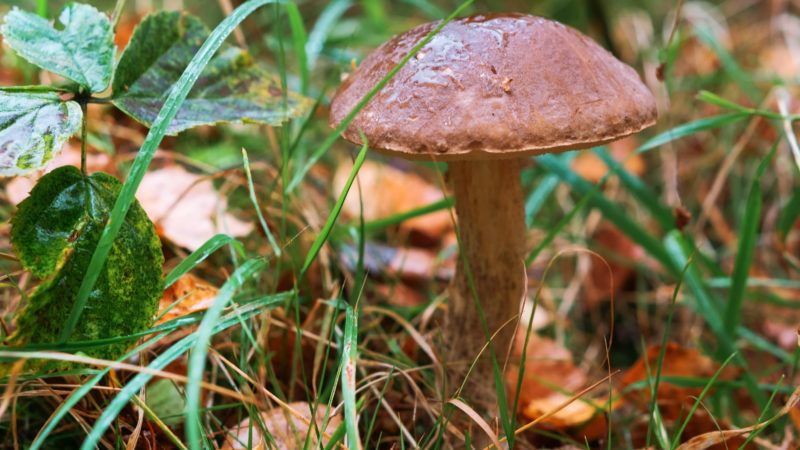Washington, D.C., Might Decriminalize Magic Mushrooms
The Decriminalize Nature D.C. initiative has gathered enough signatures to land on the ballot this November.

On Monday, the Decriminalize Nature D.C. campaign, which seeks to decriminalize "natural entheogenic substances" in the District, reached a major milestone after submitting over 35,000 signatures for their ballot measure to the D.C. Board of Elections.
If at least 25,000 signatures are verified, D.C. voters will decide in November on whether to decriminalize these substances across the district.
Initiative 81, also dubbed the Entheogenic Plant and Fungus Policy Act of 2020, would "make investigation and arrest of adults for…engaging in practices with entheogenic plants and fungi among the lowest law enforcement priorities for the District of Columbia," according to the proposal.
Initiative 81 would not reduce any fines or penalties for using or possessing psychedelics already on the books, but it would direct law enforcement to focus on other, more pressing issues. The proposal includes a non-binding call for both the D.C. Attorney General and the federal U.S. Attorney for D.C. to drop prosecutions of people for "non-commercial planting, non-commercial cultivating, purchasing, transporting, distributing" or possessing these "entheogenic" plants and fungi.
The initiative would decriminalize only naturally-occurring psychedelics, such as DMT, mescaline (found in peyote), and psilocybin (found in certain mushrooms and truffles). "We thought it was really important to focus on what grows in nature," campaign organizer Melissa Lavasani says.
Psychedelics have gained ground in recent years due to promising medical research conducted by the Johns Hopkins' Center for Psychedelic and Consciousness Research, the Multidisciplinary Association for Psychedelic Studies, King's College London, and other researchers around the globe.
U.S. laws have not caught up with the breadth of research on psychedelics. Psilocybin and mescaline are prohibited under schedule I of the Controlled Substances Act, the category for drugs that are prone to abuse, dangerous, and have no therapeutic applications.
This miscategorization is a major focus of D.C.'s decriminalization campaigners.
"Somebody's suffering and they've tried everything else and plant medicines are the only thing that works for them. They're having an amazing experience finding healing with plant medicines," Lavasani says. "Why should they live in fear of losing their job, losing their life, losing their children for something that's been so beneficial for them?"
COVID-19 stay-at-home orders threatened to derail the required signature gathering, prompting the campaign to send voters information packets and petitions by mail. Lavasani says the campaign gathered around 10,000 signatures this way.
Once the city began reopening, the campaign tabled outside grocery stores, parks, and polling places to obtain the remaining signatures.
If the measure is passed in November, Washington, D.C., would join a small but growing group of cities that have decriminalized some psychedelics for personal use.
Denver became the first city to decriminalize psilocybin mushrooms in May 2019, followed by Oakland, Berkeley, and Santa Cruz. There are now hundreds of similar efforts in cities across the country, many organized by local Decriminalize Nature chapters.
Right now, the odds of success at the voting booth look promising. Campaign polling in April found that a narrow majority—51 percent—of D.C. voters would likely back the measure. Among voters who received additional information about the proposal, support jumped to 60 percent. If the signatures are approved, the campaign's focus will shift towards educating the public about these "natural medicines" ahead of November's election.
Lavasani is optimistic about the future of decriminalization: "We have just hit the tip of the iceberg with research…This is just the beginning for D.C. and the rest of the country. We're really excited."
